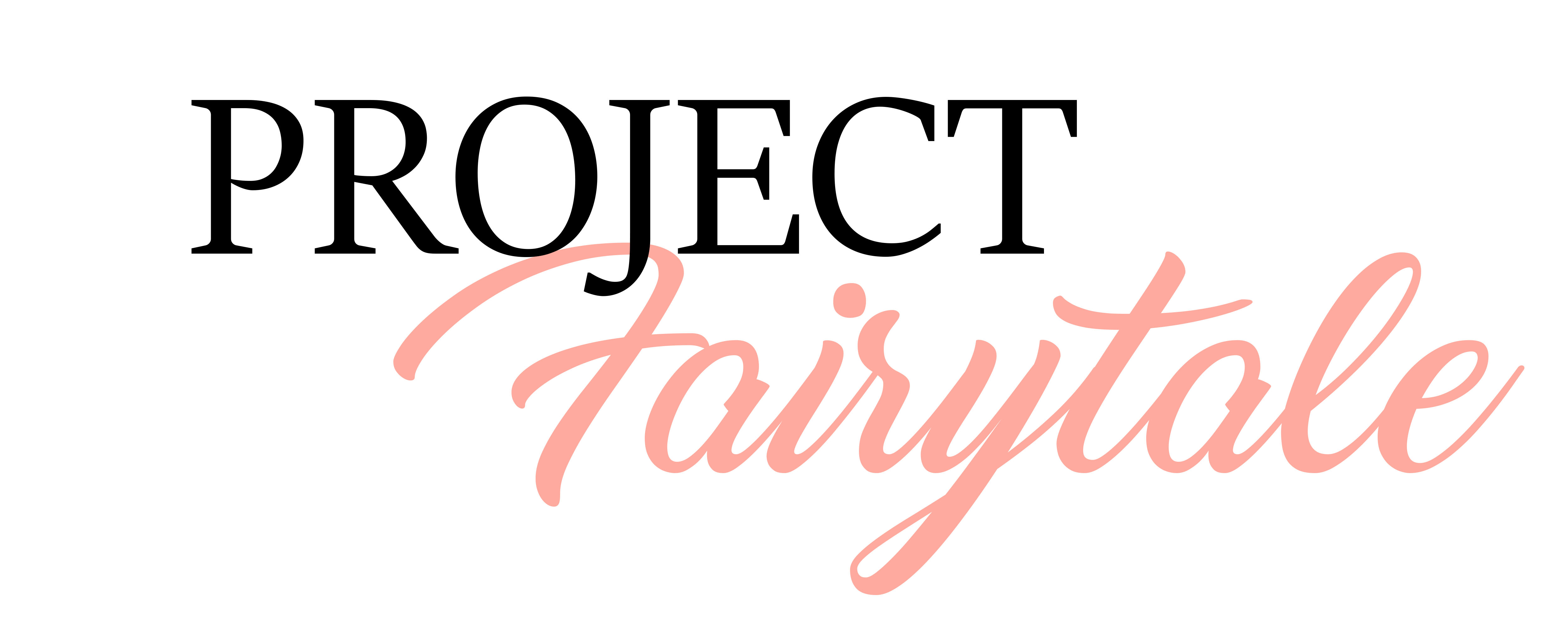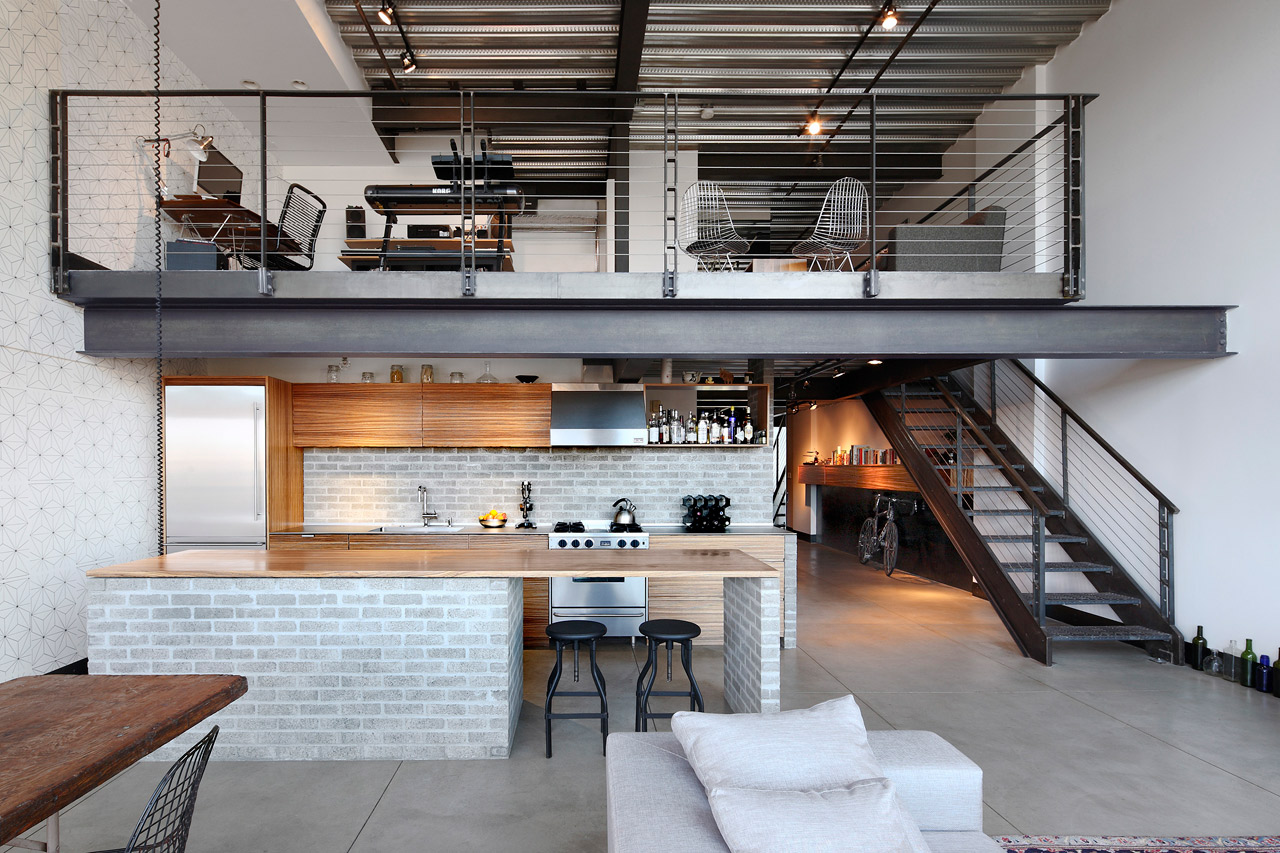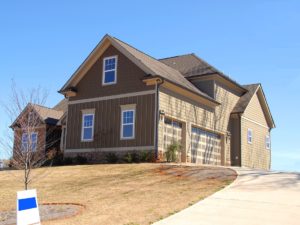Time and time again, experts have described a loft conversion is the single best way to add value to your home – even at a conservative estimate, a conversion can add 20%, according to the Nationwide Building Society, and other experts say that every pound spent on converting a loft will bring in another two.
But will a conversion add value to every home? Here are a few things to keep in mind when considering how a conversion can boost value, remembering that while value to your quality of life is subjective, the market finds it easier to put a price tag on home improvements. As a sales manager at Savills estate agents tells the Independent: “It’s all too easy to think about a home improvement in terms of what it will offer the way that you live. But if you plan to sell, you need to tailor your improvements to what appeals to the most buyers.”
- Area and availability. Is your area full of loft conversions, or will yours be among the first on the street? Loft conversions and the extra living space they provide are much sought-after improvements, and a conversion adds extra value when they are relatively scarce in the neighbourhood. Experts recommend speaking to your local estate agent before you starting looking into loft conversions or other improvements.
- The right conversion for the right space. The most obvious way a loft conversion adds value to a property is by increasing the amount of available living space, but homes do not sell based on square footage alone, which makes it important to use the space in the right way. As builders in Teddington, Middlesex and other areas where there are few new houses coming onto the market can testify, some of the conversions people seek when trying to boost the value of older homes are simply wrong for the space, making it important to get some good advice while things are still in the planning stages.Questions to ask yourself include, “What kind of room should this be?” and “Is there really enough space here for a conversion?” Experts say that to add the maximum value, a conversion should be something that actually works as a room instead of an expensive project that just ends up as storage space.
- Keeping it part of the house. Unless you’re planning to install a separate entrance, a loft conversion should be part of as an essential part of your home, not an addition to it, and as something that will add value to the entire home – which experts say is a reason that making sure improvements are of the highest quality is a move that will end up making you money. While every home is different, experts say that as a rule, making sure there is a seamless transition between the rest of the home and the loft – paying special attention to details like the staircase – is a smart move for getting the price.
- Regulations. You would be surprised just how many people manage to overlook things like planning permission and fire regulations before they embark on a loft conversion. A failure to obtain permission could not only reduce the value of your house, it could take money straight out of your pocket if you are ordered to restore the home to its previous condition making it vital to obtain permission – and as soon as the permission is granted, value is added to your home whether you have started work or not.








